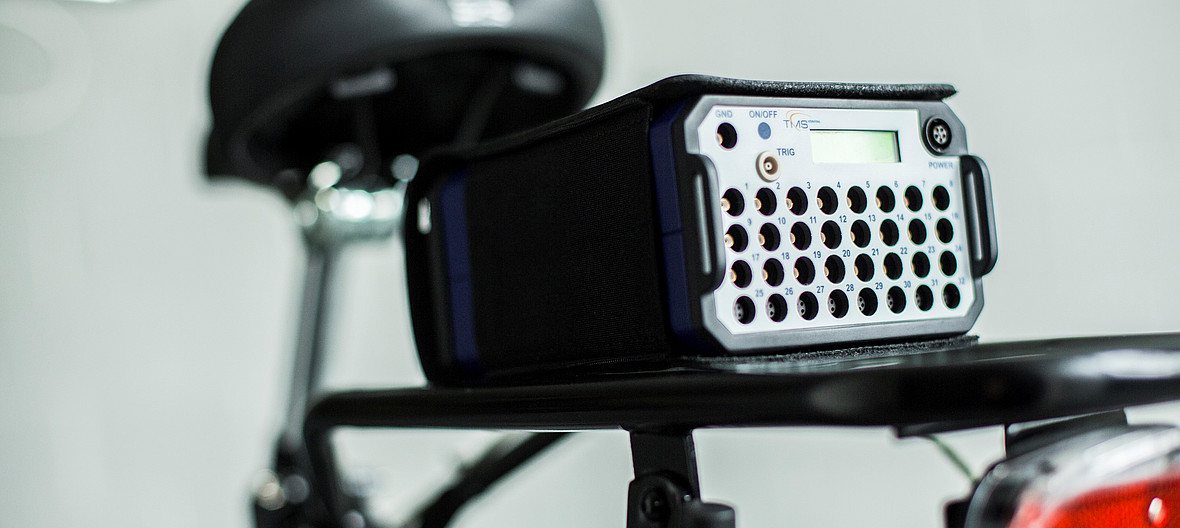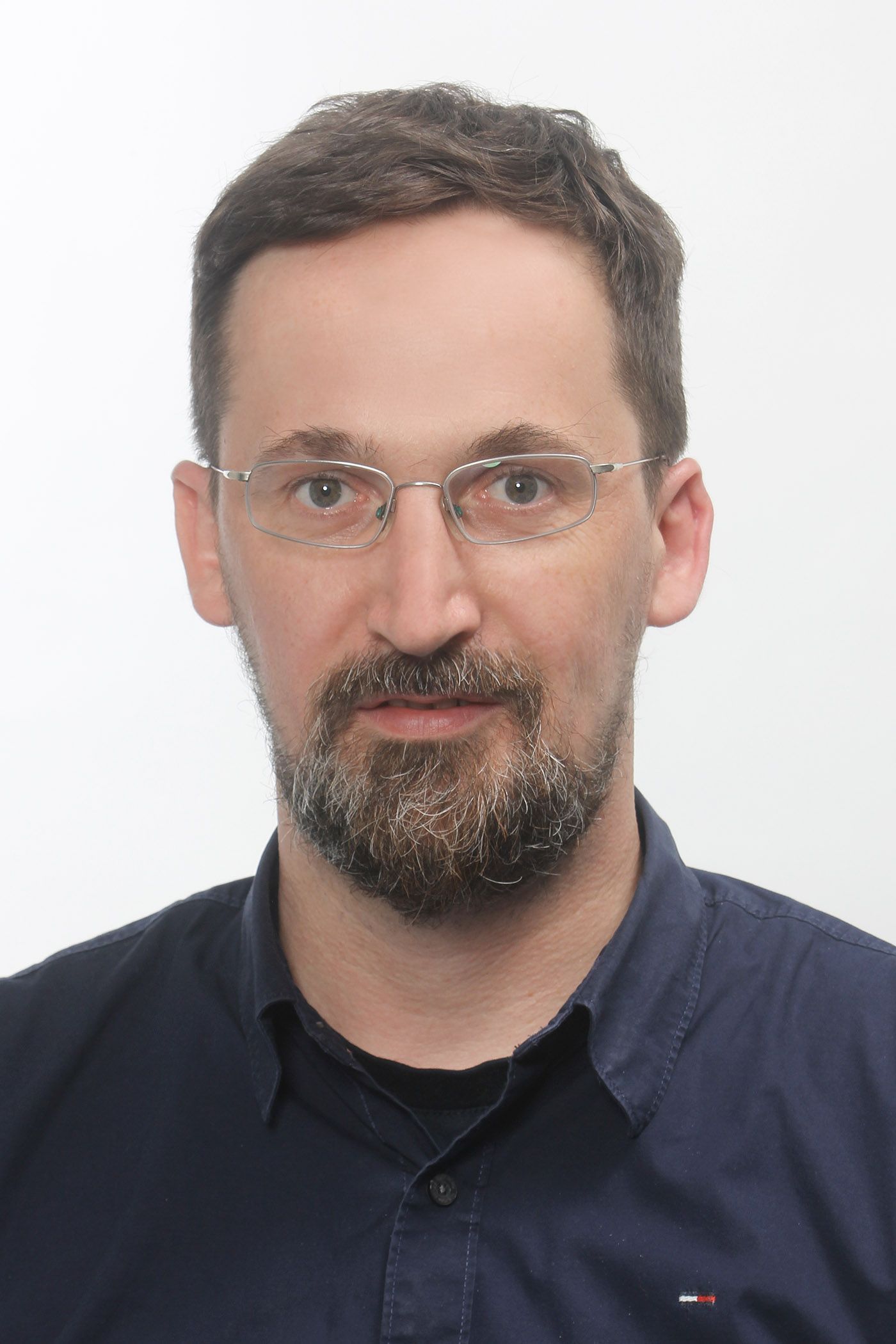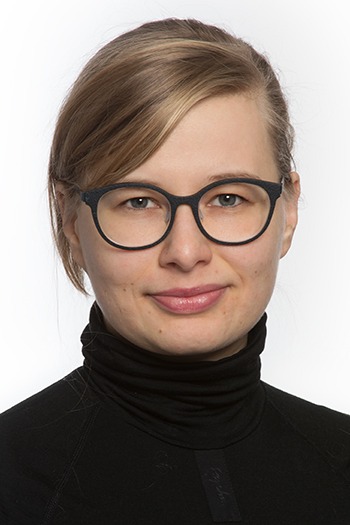
Project BrainCycles
Background
Freezing of gait (FOG) is a frequent symptom in late Parkinson’s disease (PD). Commonly, FOG is refractory to current pharmaceutical and surgical treatment options and it significantly impairs the patient’s quality of life. While the interaction within subcortical-cortical brain network is assumed to be disturbed in PD, the exact pathophysiological mechanism underlying FOG remains unresolved. Nevertheless, it has been found out that in specific occasions such as during dancing, auditory cueing or bicycling gait freezing may not appear, and patients are able to move more freely.
Objective
The objective of the BrainCycles project is to advance the understanding of the exact pathophysiological mechanisms underlying the motor symptoms of Parkinson’s disease, by comparing the neuronal responses of walking and bicycling in healthy and patient populations.
Project I, 1.1.2014 - 31.12.2018
Differentiation of oscillatory brain networks subserving bicycling and walking movements in Parkinson’s disease.
FOG has been associated with an apparently abnormal ongoing ~18Hz oscillation. In the first part of the project we demonstrated that both bicycling and walking lead to a significant suppression of cortical and subcortical oscillatory activity in the broad beta band. Nevertheless, the beta suppression was found to be stronger during bicycling, and also including the 18Hz possibly explaining while the FOG disappears while bicycling. Indeed, it seems that bicycling may have a similar effect on the brain as the frequently used deep brain stimulation (DBS). The exciting results of the first part of the project led to four publications:
Arens, J., Storzer, L., Hirschman, J., Dalal, S. S., Schnitzler, A., & Butz, M. (2019). Freezing of Gait Does Not Modulate Beta Oscillations in Mesial Cortical Motor Areas. Movement Disorders, 34(3), 436–437.
Gratkowski, M., Storzer, L., Butz, M., Schnitzler, A., Saupe, D., & Dalal, S. S. (2017). BrainCycles: Experimental Setup for the Combined Measurement of Cortical and Subcortical Activity in Parkinson’s Disease Patients during Cycling. Frontiers in Human Neuroscience, 10(January), 1–8. Link
Storzer, L., Butz, M., Hirschmann, J., Abbasi, O., Gratkowski, M., Saupe, D., … Dalal, S. S. (2016). Bicycling and Walking are Associated with Different Cortical Oscillatory Dynamics. Frontiers in Human Neuroscience, 10(February), 1–12. Link
Storzer, L., Butz, M., Hirschmann, J., Abbasi, O., Gratkowski, M., Saupe, D., … Schnitzler, A. (2017). Bicycling suppresses abnormal beta synchrony in the Parkinsonian basal ganglia. Annals of Neurology, 82(4), 592–601. Link
Project II, 1.12.2019 - ongoing
Optimising Movement by Reading Out the Brain
In the follow-up project, we plan to further scrutinise the positive effects of bicycling as a therapy for patients suffering from Parkinson’s disease. The corner stones of the current project are:
• Implementation of the existing and established set-up with virtual reality to investigate whether this can
further strengthen the beneficial effects of bicycling.
• Through various VR scenarios, investigating how robust the beta-band suppression, and alleviation of
freezing symptoms are during bicycling in comparison to walking.
• A systematic meta-analysis on the state of the art of bicycling interventions for Parkinson’s disease
patients. The review makes a statistical assessment of the applications of bicycling interventions for
alleviating the behavioural and cognitive symptoms of Parkinson´s disease.
Project partners
• We have the pleasure to collaborate with a local virtual reality company, A4VR (https://www.a4vr.com/)
who will provide the project with a VR-environment to run the experiments in.
• Also, we are happy to continue the collaboration in matters of experiment design and analysis with Sarang
Dalal from Aarhus University, Denmark.
Project funding
Both projects have been funded by Jacques and Gloria Gossweiler Foundation (http://www.jggf.ch/en/). The Gossweiler Foundation directs funds to research on chronic diseases and cancer, with an emphasis on haematology and neurology.
(Arens et al., 2019; Gratkowski et al., 2017; Storzer et al., 2016, 2017)
Currently involved researchers
PI, Prof. Dr. Markus Butz
PI, Prof. Dr. Sarang Dalal
PI, Prof. Dr. Alfons Schnitzler
PostDoc, Dr. Marianne Tiihonen
Previous researchers
Dr. Lena Storzer
Dr. Julia Arens
MSc. Mona Plettenberg
Contact
marianne.tiihonen@med.uni-duesseldorf.de
Social media








